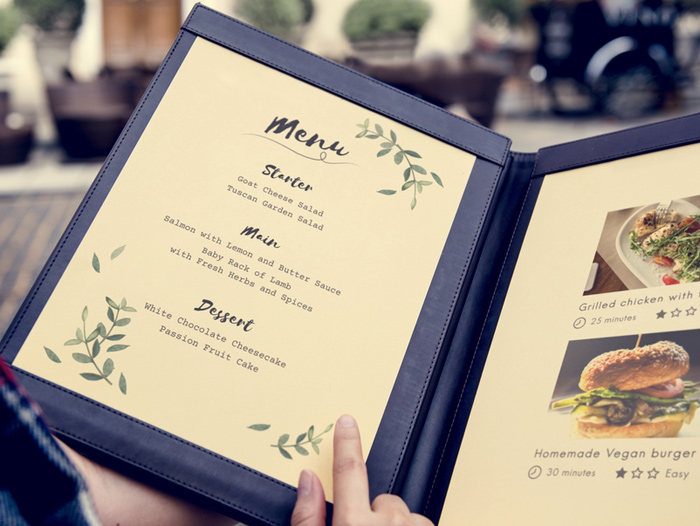FTC Warns Restaurants: Décor Can Be Misleading Advertising
September 24, 2024 | 3 min to read
The Federal Trade Commission (FTC) has introduced guidance to deter deceptive practices in the restaurant industry regarding the origin of seafood, establishing that misleading customers is illegal. This change stems from advocacy by the Southern Shrimp Alliance (SSA) and aims to protect U.S. fisheries and consumers who prefer wild-caught shrimp. Restaurants are now accountable for their marketing claims, with SSA leaders emphasizing this enforcement will level the playing field for American fishermen.

In a significant move to protect consumers and support U.S. fisheries, the Federal Trade Commission (FTC) new guidance to the restaurant industry that clearly explains that it is illegal to use decorations, menus, and social media to mislead customers about the origin of seafood served in the restaurant. The guidance came as a result of the Southern Shrimp Alliance’s (SSA) years-long engagement and advocacy with the FTC.
Enjoying well-prepared seafood at restaurants is a delightful experience for many. Knowledgeable consumers have a strong preference for U.S. wild-caught shrimp, with its superior flavor and texture, harvested by hardworking American fishermen from sustainable, well-regulated U.S. waters. It is something many diners will pay more to enjoy. Yet, some restaurants exploit this desire by creating the impression that the seafood served is wild-caught and domestically sourced when it is actually imported and farm-raised.
For many years, these deceptive and misleading practices were largely unregulated. Unlike grocery stores, which are required by law to disclose the country-of-origin of seafood, restaurants have been able to make various representations about their food without accountability.
These misleading impressions harm more than just diners. They undermine U.S. commercial fishermen who work under stringent environmental, labor, and food safety laws to deliver high-quality seafood.
Congress empowered the FTC to combat “unfair and deceptive” practices in the marketplace. The FTC guidance makes it clear that a restaurant can be held accountable for creating a false “net impression” about the origin of its seafood, whether a claim is explicit or implied.
The FTC explains:
… by using photos of fishermen and fishing boats, and saying things like “Eat local,” and “We catch ‘em,” the decorations, menus, and social media may give people what the FTC calls a net (seriously) impression that the restaurant serves fresh, local fish and shrimp. If that isn’t true, the restaurant needs to reel it in. Not only is it illegal to mislead customers about where the seafood is from, it’s also not fair to other restaurants that tell the truth and play by the rules.
The FTC’s new guidance marks a critical step towards holding the restaurant industry accountable for their advertising, which includes restaurant décor.
“The domestic shrimp industry cannot compete when restaurants can simply lie to consumers about their shrimp being from the United States when it’s not,” said John Williams, executive director of SSA. “Strong enforcement against deceptive marketing levels the playing field for American fishermen and we appreciate the FTC for taking action.”
The SSA encourages its members and the public to spread the news about the FTC’s guidance. Next time you dine out and see claims that make you think the seafood might be domestically sourced, don’t hesitate to ask where it’s from. And if it’s not from the U.S., let them know they may be in violation of the FTC’s rules.
Read the FTC’s business blog:
Read more of the FTC’s “Made in the USA” regulations:
About the Southern Shrimp Alliance
The Southern Shrimp Alliance (SSA) is an organization of shrimp fishermen, shrimp processors, and other members of the domestic industry in the eight warmwater shrimp producing states of Alabama, Florida, Georgia, Louisiana, Mississippi, North Carolina, South Carolina, and Texas.
